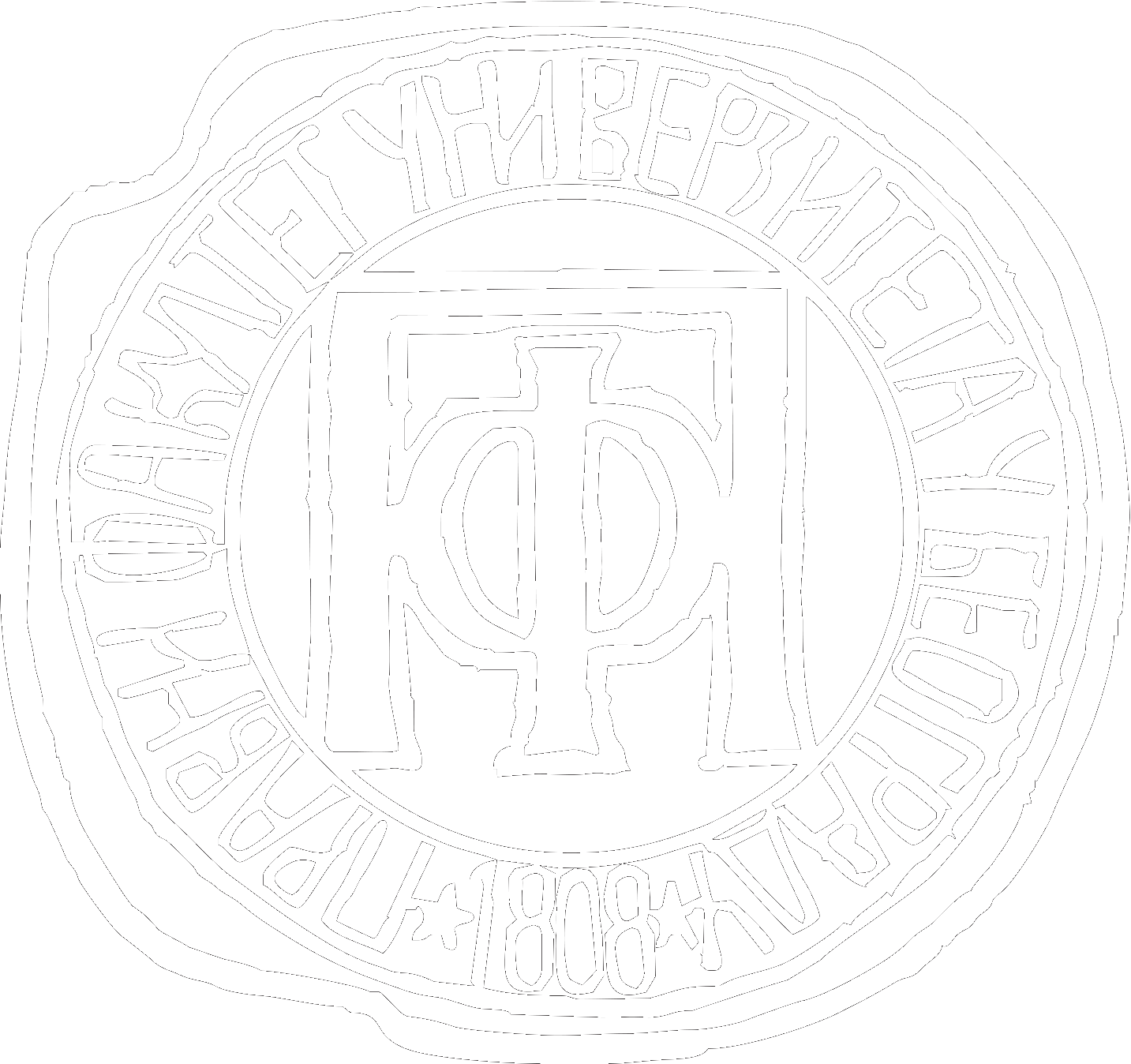Substantive criminal law in post-Dayton Bosnia and Herzegovina (jurisdiction and enforcement)
Keywords:
parallel divided jurisdiction; original jurisdiction of the Entity; changing jurisdiction; entity criminal legislation; criminal legal sovereignty of the Entity; implementation of the criminal law; crime against humanityAbstract
This paper discusses the issue of the criminal legal system in post-Dayton Bosnia and Herzegovina, with special emphasis to its anomalies which exist both on the normative level and practical implementation. Based on the analysis of the regulations of the Constitution of Bosnia and Herzegovina (article III, paragraphs 1, 2 and 3) the author concludes that the legal competencies regarding regulation of this branch of law initially fall within the jurisdiction of the Entity. This constitutional solution was the foundation for Entities to regulate their substantive criminal law by creating their own criminal laws immediately after accepting the so called Dayton Peace Agreement (Federation in 1998, and the Republic of Srpska in 2000). This concept of regulating the criminal law has been changed with the reform in 2003 when the Criminal Code of the Bosnia and Herzegovina was adopted (or imposed by the High Representative). Thereby the concept of the so called parallel divided jurisdiction with four criminal laws was adopted: two criminal laws of the Entity, Brčko District and Criminal Code of the Bosnia and Herzegovina. However, this concept has been changed with the Law of the Court in BiH, since this law predicts the possibility that the Court of BiH takes over the jurisdiction for all criminal offences from the criminal legislation of the entities. Author's opinion is that the abovementioned organisational law cannot change jurisdiction that is established by criminal legislation and that the regulation that did it is at the same time unconstitutional because it derogates the criminal legislation of entities and the criminal legal subjectivity of the Entity which is based on the Constitution of Bosnia and Herzegovina. In the second part of the paper, the author discusses the unacceptable solutions of the Criminal Code of Bosnia and Herzegovina and the acceptable way of its application in relation to the hardest crimes against international law and the perpetrators. The author emphasizes the crime against humanity which is wrongly applied by the Court of Bosnia and Herzegovina by referring to the regulation from the article 2, paragraph 2 of the ECHR and article 4a of the Criminal Code of Bosnia and Herzegovina. Furthermore, the author points to the serious discrimination due to the existence of the two different criminal legal regimes in the application of criminal legislation on these criminal offences, depending on the level of judging: whether is on the entity level or on level of the Court of BiH.
Downloads

Downloads
Published
How to Cite
Issue
Section
License
Copyright (c) 2016 Miloš Babić

This work is licensed under a Creative Commons Attribution 4.0 International License.
The authors retain copyright and grant the journal the right of first publication, allowing others to share the work with proper attribution to the authors and acknowledgment of its original publication in this journal.










